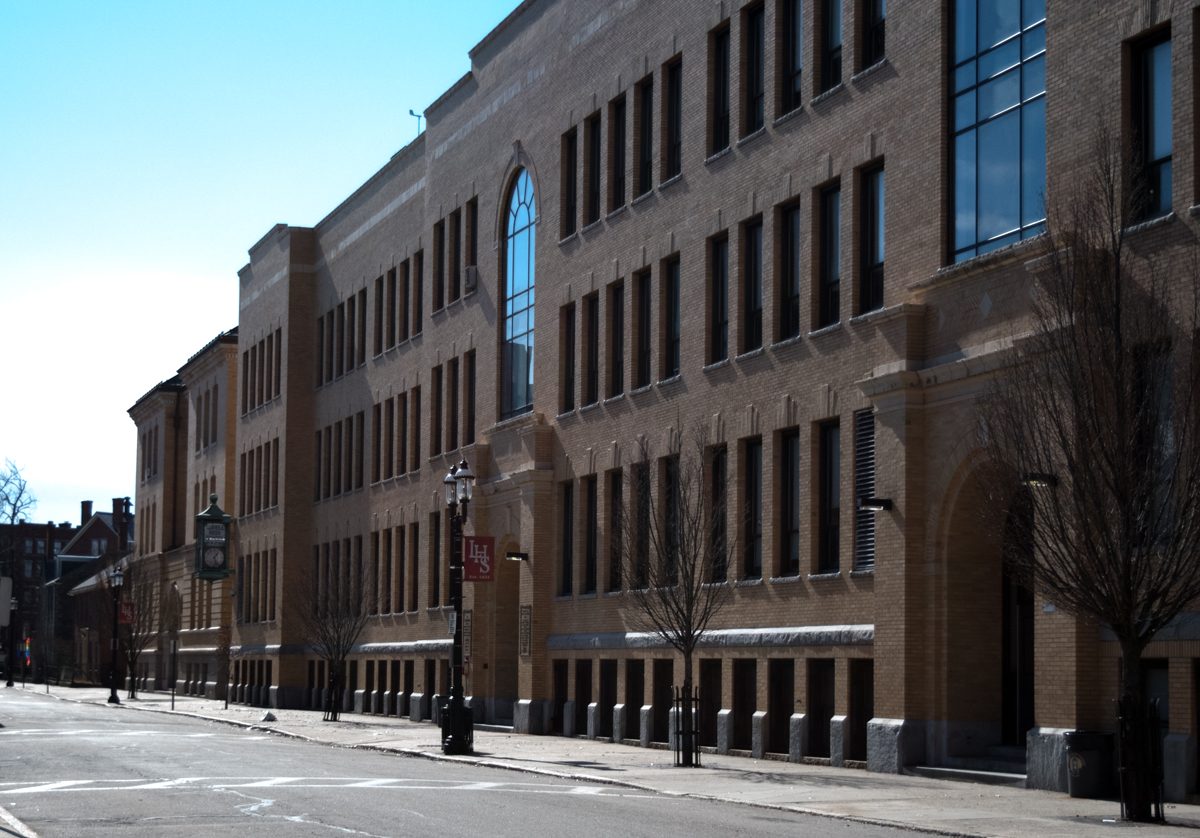What Defines A "Good" School?
 Recently, the Boston Globe published a letter from Joy Robinson-Lynch positing that if Boston needs more available spots in classical education schools (like Boston Latin), the school department might consider creating them. After all, Boston Public Schools certainly know how to run a successful classical education institution - they've had years to practice and refine that.Framing that thought in terms of Lowell's local school issues, I wonder if in Lowell the same thought should apply. Looking at the Wait Lists for our Lowell Public Schools also indicate that some schools in Lowell are more sought after than others. If there is an abundance of students waiting to attend a middle school like the Daley Middle School, shouldn't there be some thought into why that one school is in high demand? What is it that makes the Daley so desirable? Is the the leadership at the school? The culture? The academics? The staff? Or is it something else?I taught for 5 years at the Cardinal O'Connell School when it was a Pre-K to Grade 4 elementary school. As an older school, the building itself had some charming quirks, but it also had a great leadership team and a caring faculty who, because of the small size of the school, really knew each and every student. What it didn't have was a cafeteria. Sometimes when a family left for the (new-at-the-time) Lincoln School, that would be the reason given for transferring. Fortunately, not everyone valued separate lunch space as a deciding factor in a child's educational success.Is it just a perception or is there something tangibly identifiable that sets apart the schools perceived to be desirable? That's something that may be explored further under a new assessment model being considered by a consortium of school districts from across Massachusetts. Measuring positivity in a school's culture may be more difficult to quantify, but it is equally important to the overall picture of whether or not a school is a success. What are those factors that families value that fall outside of numbers and test scores?Are we ready to use more measures to define good schools? I hope so!
Recently, the Boston Globe published a letter from Joy Robinson-Lynch positing that if Boston needs more available spots in classical education schools (like Boston Latin), the school department might consider creating them. After all, Boston Public Schools certainly know how to run a successful classical education institution - they've had years to practice and refine that.Framing that thought in terms of Lowell's local school issues, I wonder if in Lowell the same thought should apply. Looking at the Wait Lists for our Lowell Public Schools also indicate that some schools in Lowell are more sought after than others. If there is an abundance of students waiting to attend a middle school like the Daley Middle School, shouldn't there be some thought into why that one school is in high demand? What is it that makes the Daley so desirable? Is the the leadership at the school? The culture? The academics? The staff? Or is it something else?I taught for 5 years at the Cardinal O'Connell School when it was a Pre-K to Grade 4 elementary school. As an older school, the building itself had some charming quirks, but it also had a great leadership team and a caring faculty who, because of the small size of the school, really knew each and every student. What it didn't have was a cafeteria. Sometimes when a family left for the (new-at-the-time) Lincoln School, that would be the reason given for transferring. Fortunately, not everyone valued separate lunch space as a deciding factor in a child's educational success.Is it just a perception or is there something tangibly identifiable that sets apart the schools perceived to be desirable? That's something that may be explored further under a new assessment model being considered by a consortium of school districts from across Massachusetts. Measuring positivity in a school's culture may be more difficult to quantify, but it is equally important to the overall picture of whether or not a school is a success. What are those factors that families value that fall outside of numbers and test scores?Are we ready to use more measures to define good schools? I hope so!